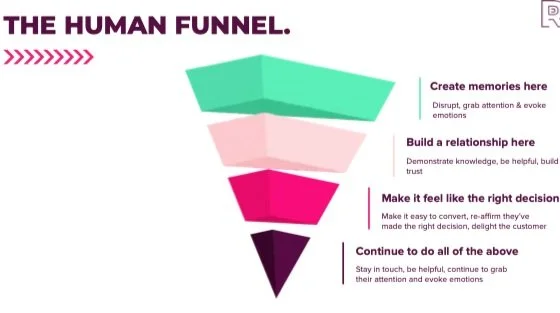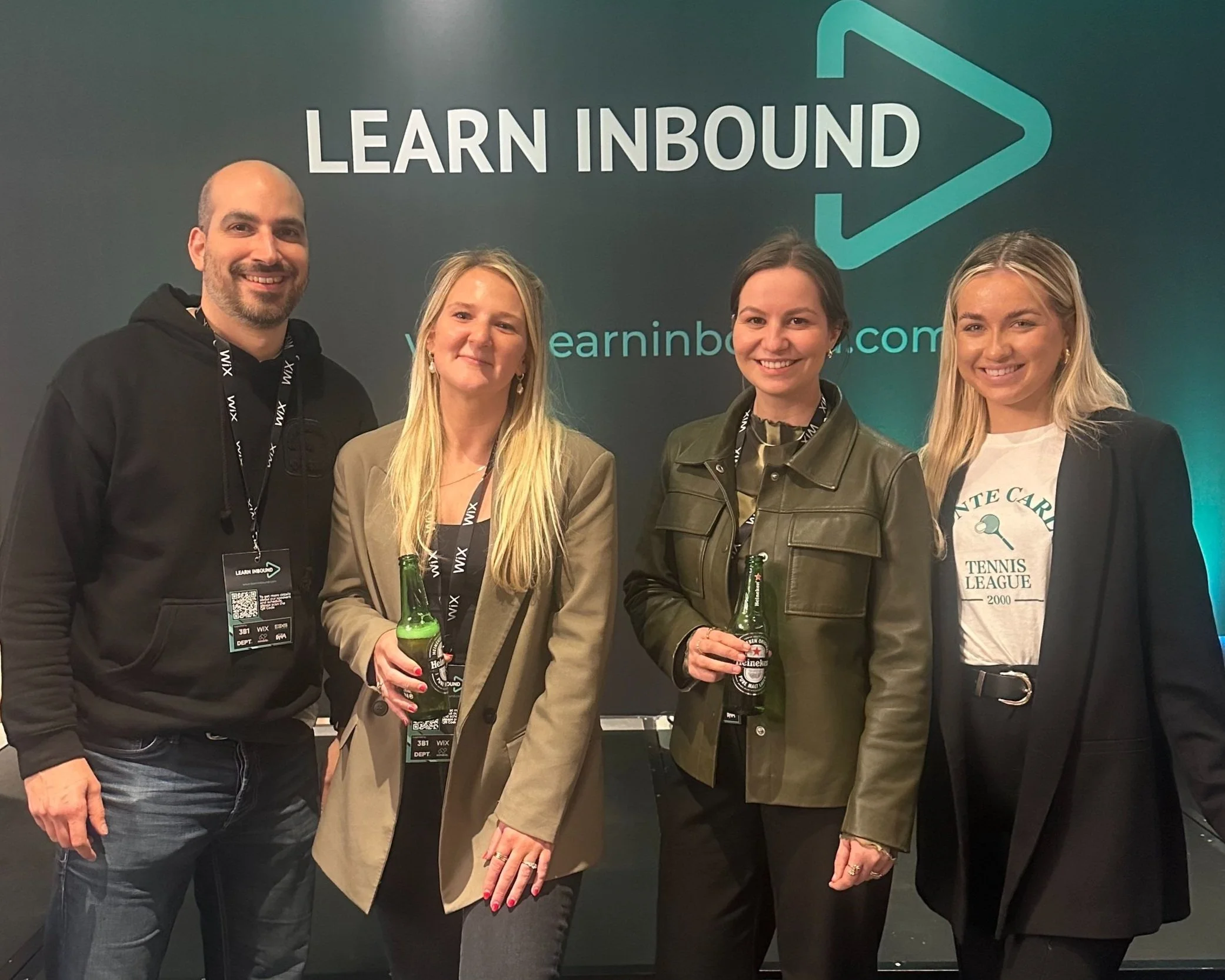3 Learnings from Learn Inbound
It has been a while Learn Inbound! We were absolutely delighted to get back to Dublin for the day for some SEO insights from some of the best in the industry.
Hard to limit ourselves to 3 learnings from the brilliant schedule but we have given it a go below.
Do not give up marketing when the economy is bad
Becky Simms from Reflect Digital reminded us that yes an economic downturn is a challenge but now is not the time to stop marketing.
Stopping Advertising to save money, is like stopping your watch to save time. Henry Ford
Businesses that maintained or increase marketing during the 80’s downturn had 256% higher sales than those who didn’t
Your customer does not care which channel they find you on
Emotional connection is necessary to perform during this time when 50% of Irish consumers feel they are worse off financially
Becky honed in on how you need to really empathise with your audience and understand how they are feeling to make great ads. In a world of AI and automations, it was comforting to talk about himans instead of data
Key Action: Consider the human in your marketing funnel. The slide below will help!
2. Know when to kill an ad
We are unashamedly fangirls of Gill David from Run DMG in this office (see image below)
Gill’s session was based around ‘sick ads’ and no we don’t mean ‘sick’ as in 90’s cool, ‘sick’ as in bad. A great topic as we are always told to give ads time to do their thing but how do you know when to pull the plug?
Primary metrics to look at CPA & ROAS with secondary metrics of Cost per add to cart
The ad must spend 1 x AOV initially to make a call, don’t pull the trigger too quickly.
Test 3- 5 creatives per ad set
Key Action: Create a test and learn culture. Set up more ad variations than you think you need and optimise for performance after letting them spend the AOV.
3. Using ChatGPT for effortless keyword research
It was inevitable ChatGPT would be mentioned during the conference, including lots of reasons to use it but with a lot of warning signs too. Dan Smullen’s session on using ChatGPT for keyword research was a prime example of how you can use the AI tool to work smarter not harder.
Have clear ChatGPT prompts. Examples:
What are the 20 most popular sub-topics related to [keyword]?
What are 20 popular sub-topics related to [topic]?
What are 20 popular long-tail keywords for the short tail [keyword]?
Key Action: Take things further with ChatGPT by using AIPRM extension to breakdown a table of keyword clusters & search intent


